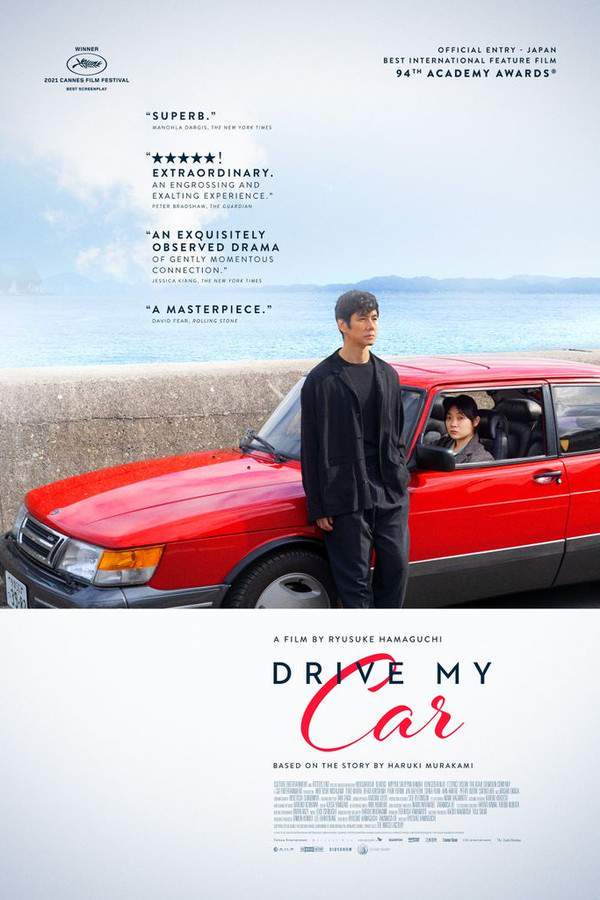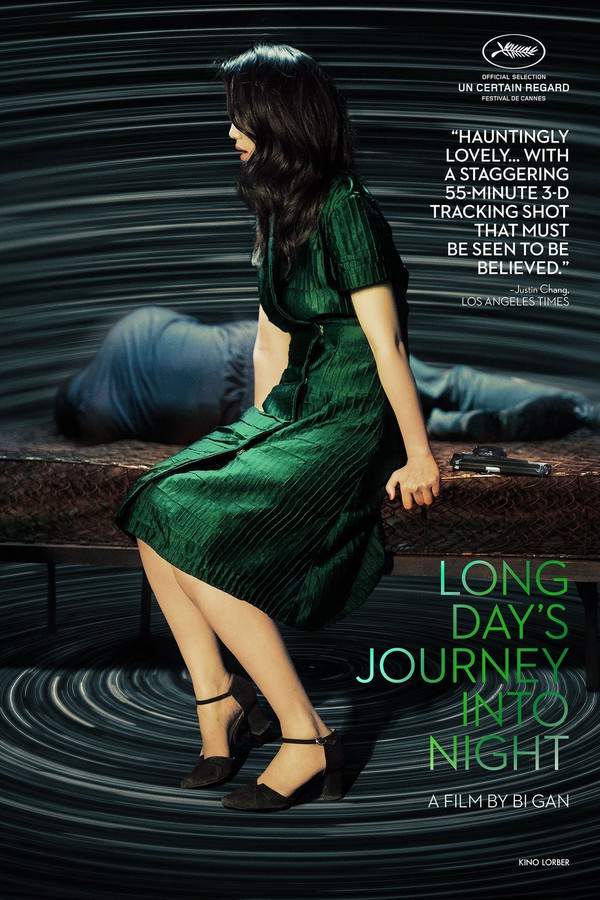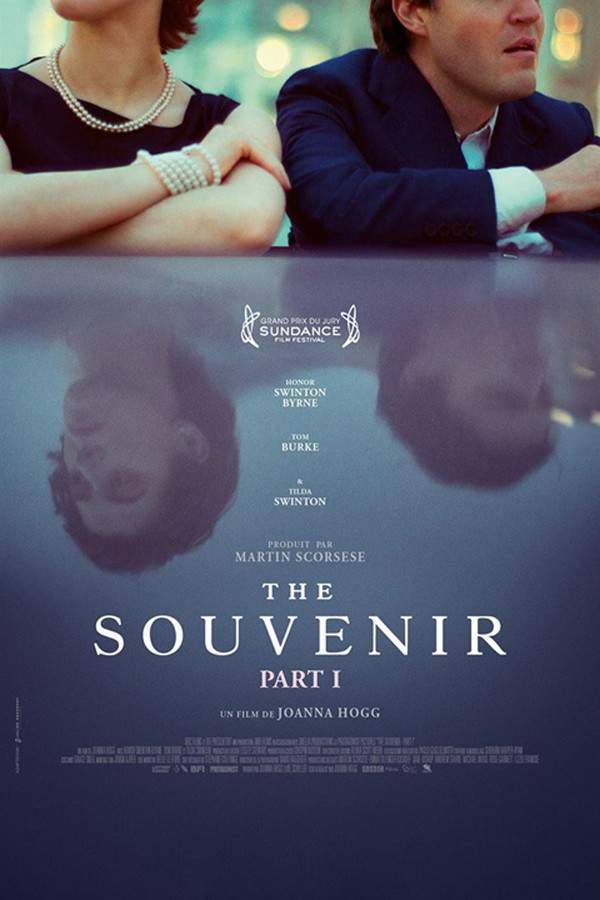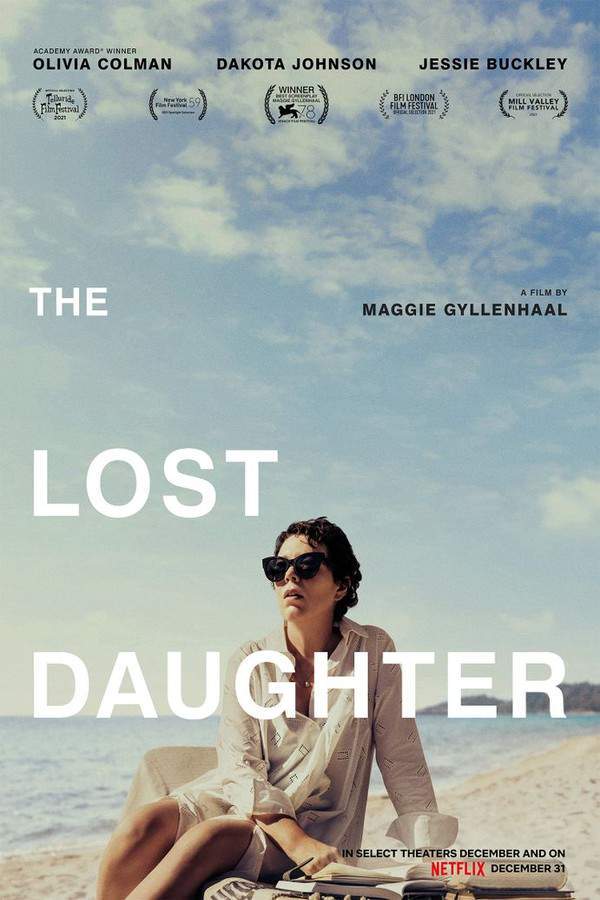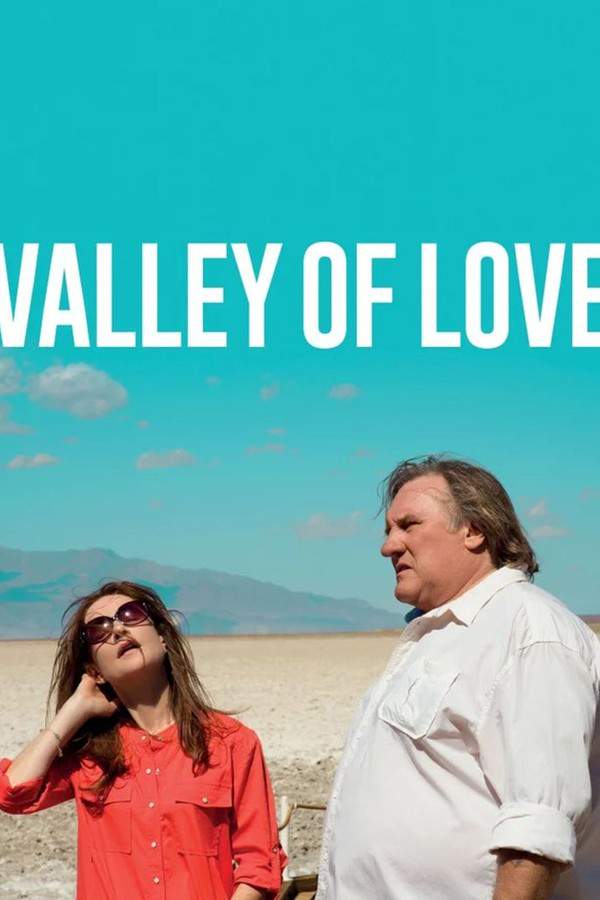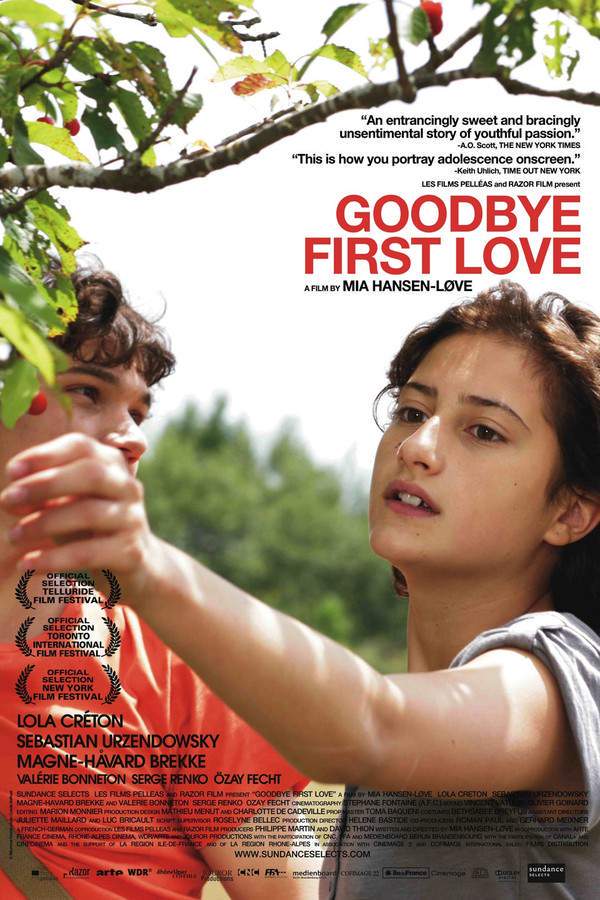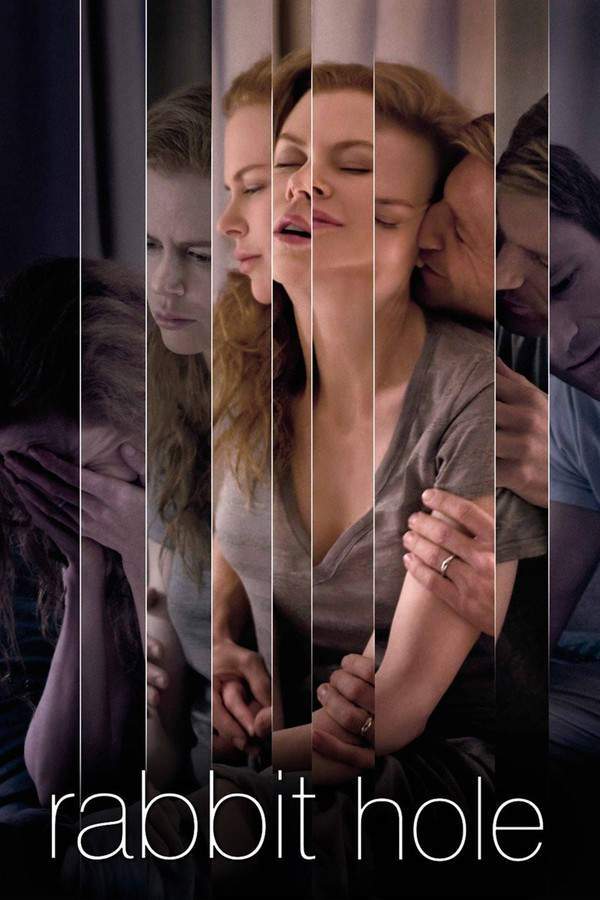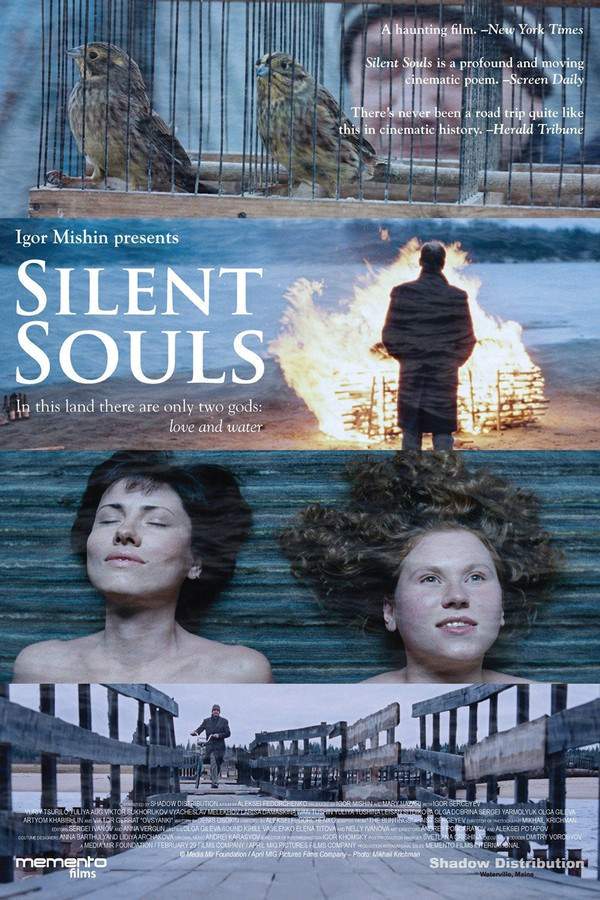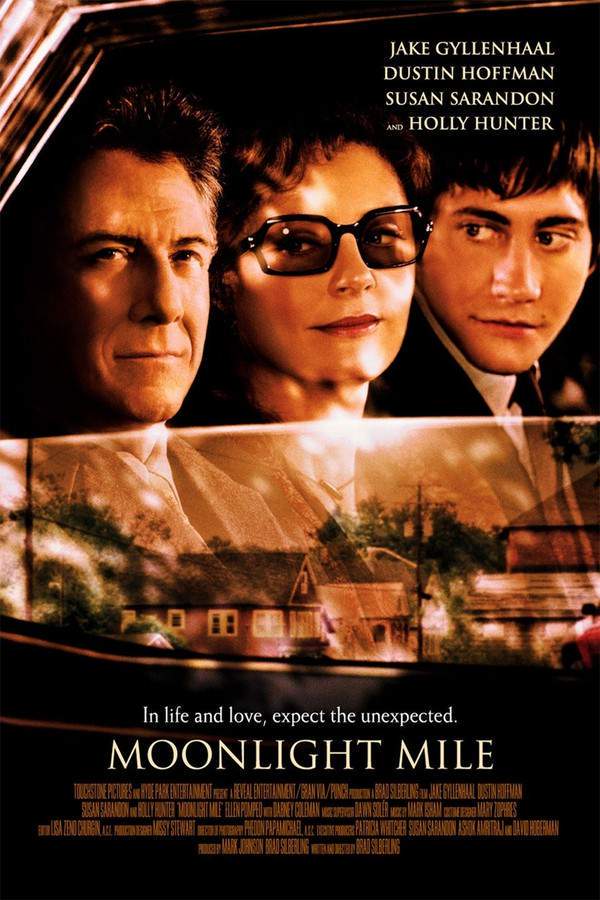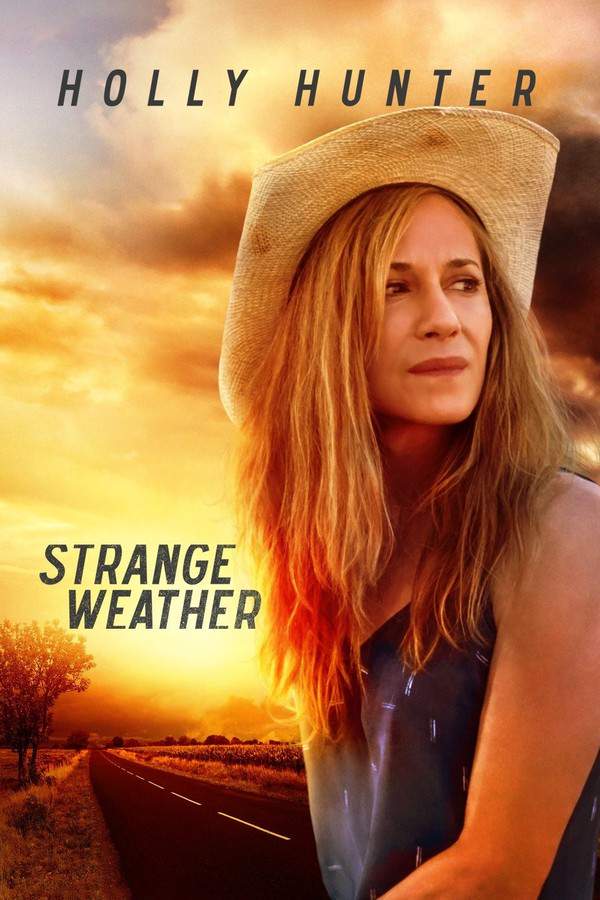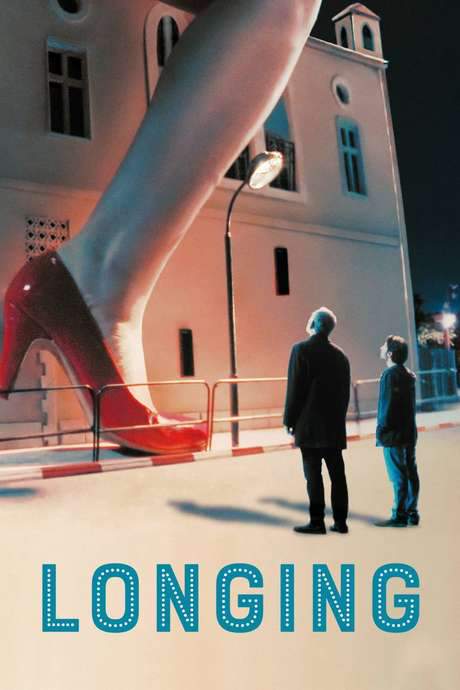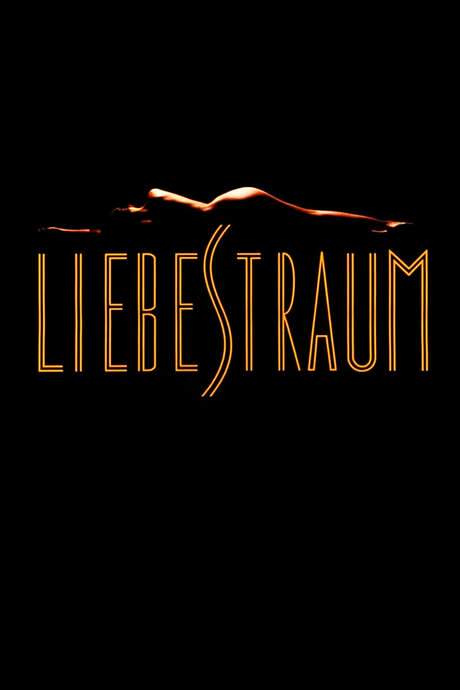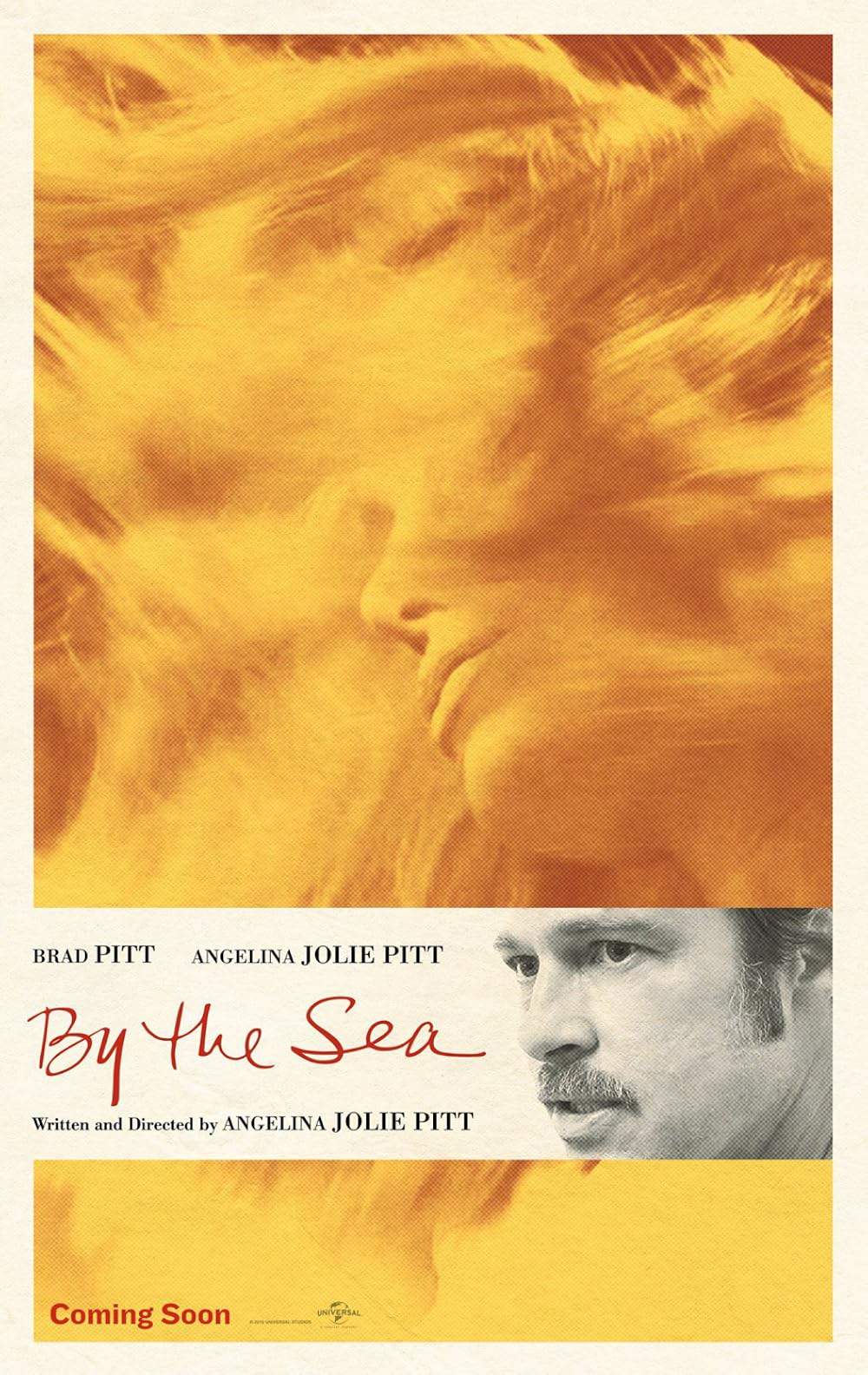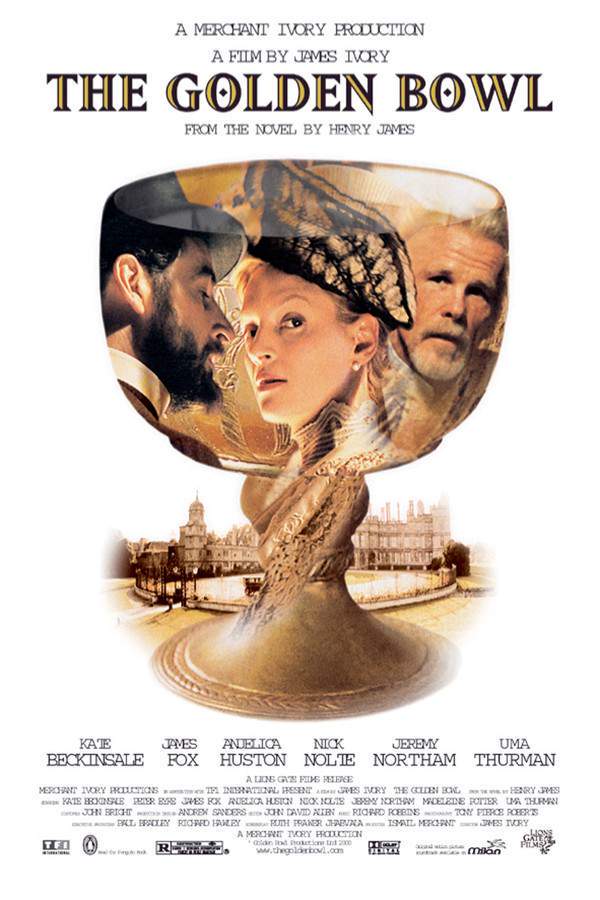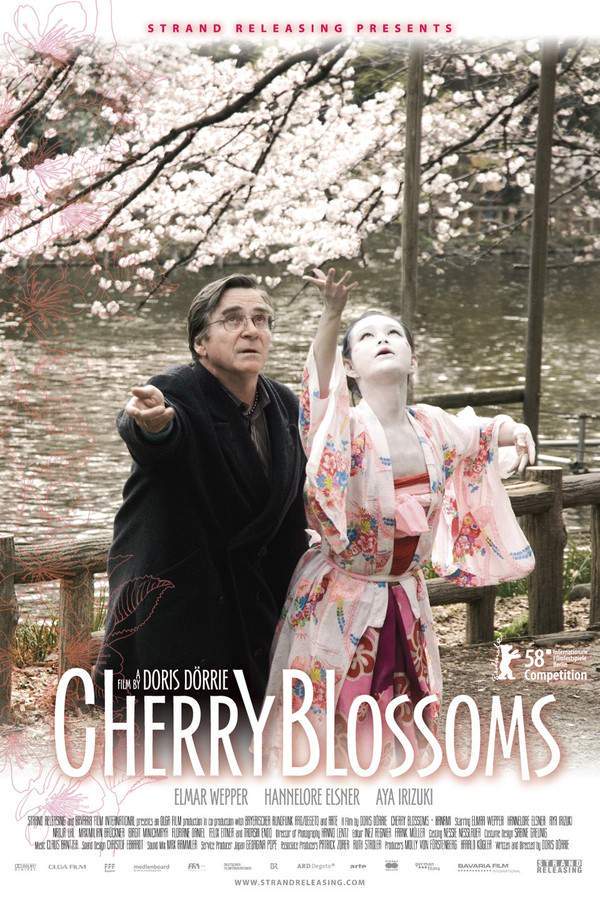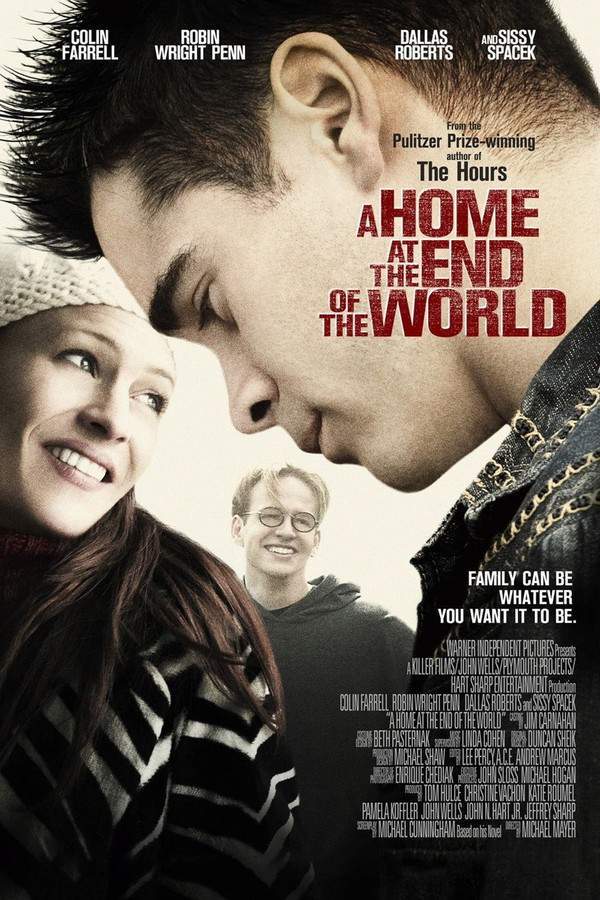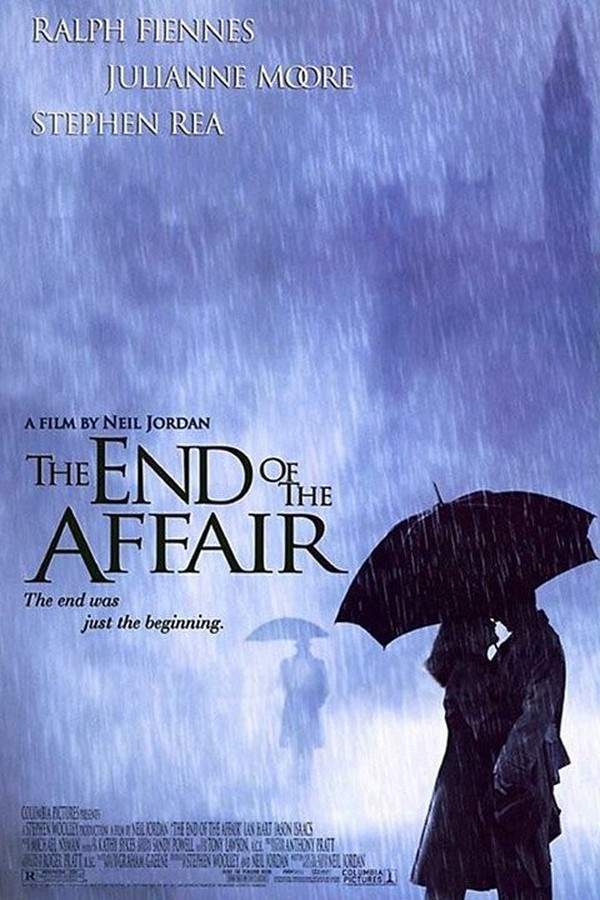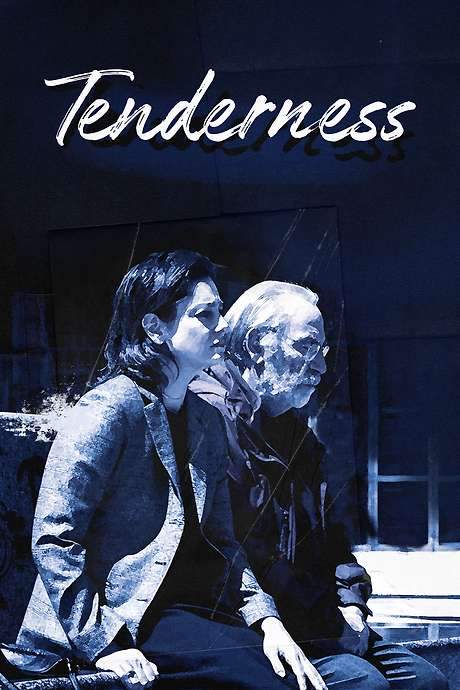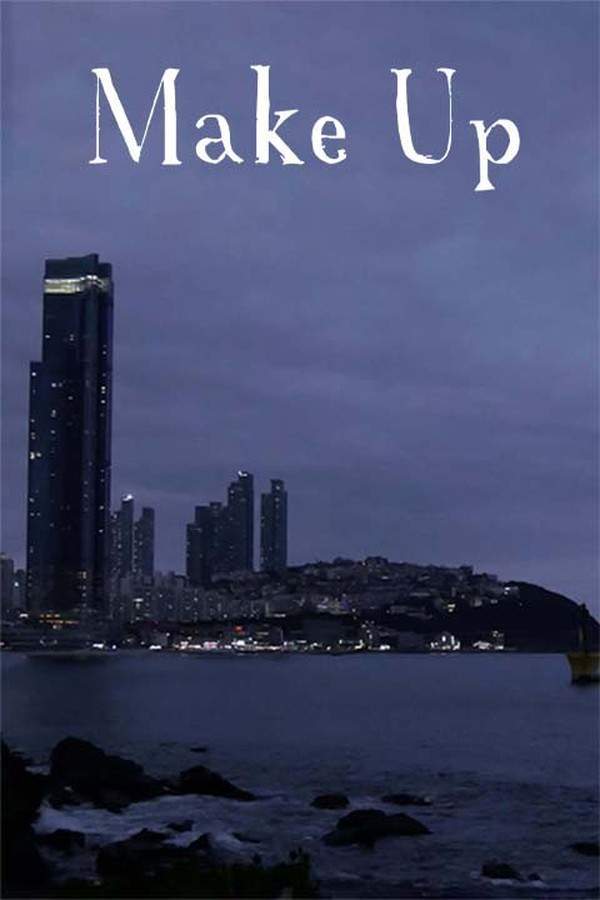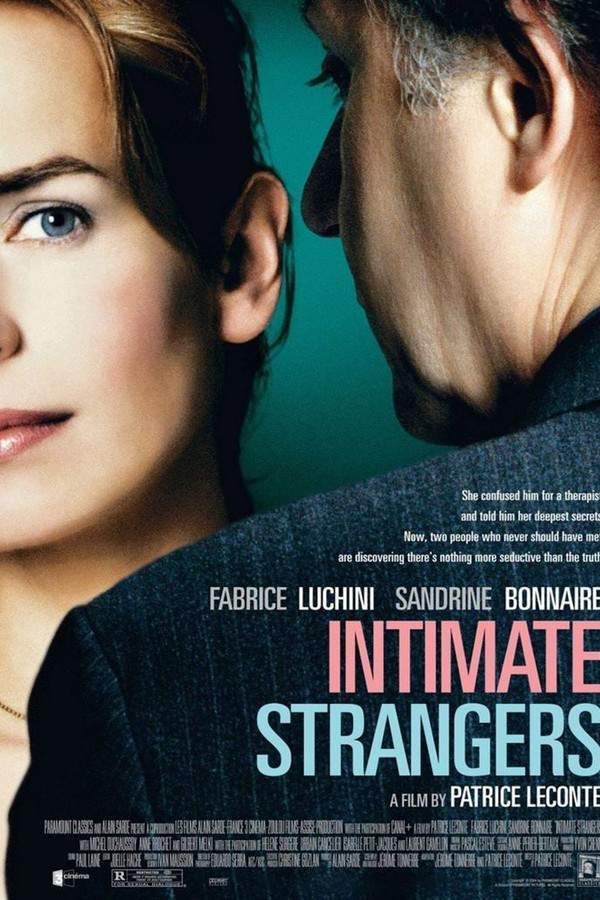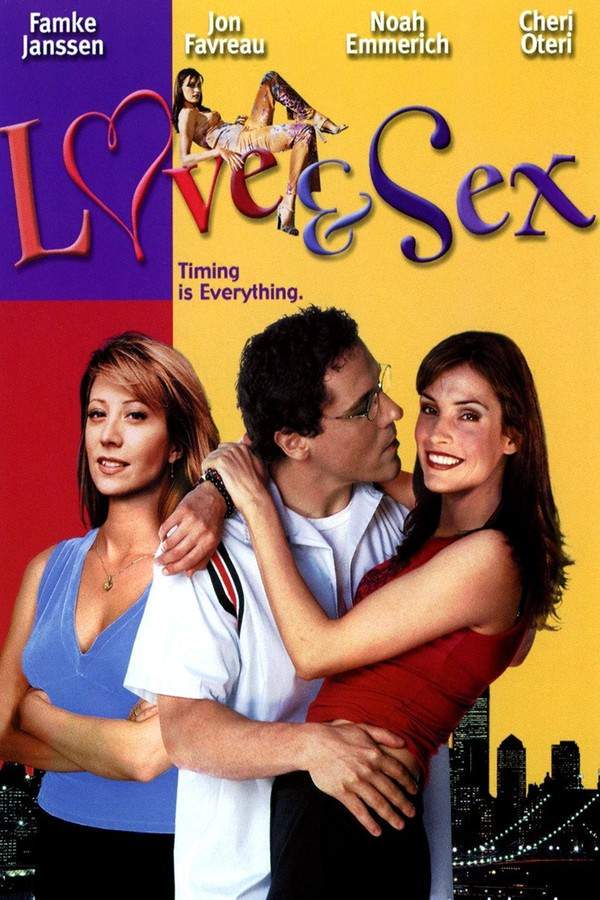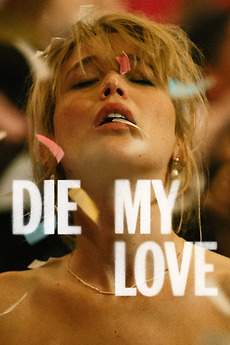
Making Love
Year: 2018
Runtime: 27 mins
Language: English
Director: Helen Rollins
A playwright haunted by his past travels back to his hometown to confront a woman with whom he once shared a passionate affair. He seeks to discover if her feelings were genuine, but finds that the mystery and separation were perhaps more vital to their intense connection than any true intimacy. His quest for answers forces him to confront the complexities of their relationship and the lingering impact of his past.
Warning: spoilers below!
Haven’t seen Making Love yet? This summary contains major spoilers. Bookmark the page, watch the movie, and come back for the full breakdown. If you're ready, scroll on and relive the story!
Making Love (2018) – Full Plot Summary & Ending Explained
Read the complete plot breakdown of Making Love (2018), including all key story events, major twists, and the ending explained in detail. Discover what really happened—and what it all means.
In this intimate drama set against the glow and grit of early 1980s Los Angeles, Zack Elliot, a gifted and driven oncologist, and Claire, a rising star in television management, appear to have it all. They met in college, built a life together over eight years, and share a mutual warmth and affection that feels rooted in shared tastes—whether it’s a love for Gilbert and Sullivan or the poetry of Rupert Brooke, a passion they were introduced to by their elderly neighbor Winnie Bates. Their plan to start a family leads them to purchase a large, inviting home that seems meant to cradle their dreams as they continue to climb professional ladders. Their relationship, on the surface, hums with stability, professionalism, and a quiet, comforting companionship.
Behind this polished façade, Zack wrestles with a secret pull he’s tried to keep in check. He is attracted to men, a truth he keeps beneath the surface as he goes through the motions of his daily life. He moves through his work and his marriage with a practiced calm, slipping away during lunch breaks to visit gay bars in West Hollywood, testing the corners of a life he hasn’t fully allowed himself to live. He never acts on these impulses in public, but the tension of these unspoken feelings—the lure and the fear—flickers just below the surface of his orderly world.
That tension sharpens when Bart McGuire enters his life. Bart is an openly gay novelist whose life is a counterpoint to Zack’s restrained, professional existence. Bart embodies a rollercoaster of hedonistic energy: he flits between multiple partners, frequents gay bars and clubs, and moves through social scenes with a confident ease that both fascinates and unsettles Zack. Their first meeting, by chance at a medical check-up, plants a fragile seed of mutual attraction. They begin spending time together—lunches that stretch into afternoons of shared confidences—where the spark between them grows even as both keep their true feelings carefully guarded. Zack is drawn to Bart on a level he doesn’t fully understand, a magnetic pull that doesn’t fit neatly into the life he has built with Claire, and Bart, for his part, remains tantalizingly unattainable in the way he guards his own heart and past.
As the weeks unfold, the dynamic between Zack and Bart becomes a delicate dance of honesty and restraint. Zack invites Bart to dinner, cleverly disguising the evening as a work obligation to avoid arousing Claire’s suspicions. At Bart’s home, Zack’s self-labeling as “curious” rather than openly naming his sexuality signals the internal conflict that dominates his choices. The night ends with Zack sharing a first experience with another man, a moment that unsettles him as much as it excites him. He yearns to stay, to sink into a more intimate connection, but Bart’s pattern—self-protective, wary of vulnerability, and scarred by his own troubled childhood—pulls them back from the brink. This scene becomes a crucible in which Zack’s fears about identity, fidelity, and the true nature of happiness are tested.
Bart’s fear of commitment is intricate and personal, rooted in earlier hurts, and it complicates Zack’s longing for a deeper bond. The two men engage in a tense, revealing exchange the next day when Zack tries to press forward, while Bart contends with his own need for space and autonomy. Bart’s ultimate realization of his own feelings for Zack arrives with clarity, but the timing is off: he is not ready for a relationship that would demand the kind of total vulnerability Zack seeks. The film follows them into a moment of quiet, after-hours estrangement—their path together ends, for now, at the bars where Bart remains immersed in his cruising life, choosing solitude over a commitment he cannot yet offer.
Meanwhile, back in the home front, Claire returns from a work trip with a different kind of tension pressing at the edges of their marriage. Zack’s confession of his attraction to other men disrupts the sense of balance she believed they shared. Her reaction is visceral and complicated, exposing a tenderness that is also tempered by hurt. Zack, who has long felt the need to tell the truth of his desire, comes to realize that the life he wants with Claire cannot be the same life she hoped for. Their relationship reaches a turning point as Zack faces the painful choice between staying and living a lie or stepping into a life that aligns with his true self. The confrontation is difficult, and it leads to a decision: Zack must be true to who he is, even if it means the end of their marriage.
After a heartfelt, painful reckoning, Claire, though devastated, begins to understand that she cannot anchor Zack’s truth for him—nor can she force him to remain in a union that would require him to deny his authenticity. She accepts that he cannot live a lie and supports him as he searches for a life that honors his identity. The film traces the emotional aftermath with quiet gravity: Zack receives a job prospect in New York City, where he can work with cancer patients, a profession that feels like a calling and a chance to rebuild his life anew. The couple agrees to divorce, a decision that is presented not as a failure but as an act of honesty and respect for one another’s happiness.
The narrative then leaps forward a few years, offering a poignant tableau of separate, fulfilling futures. Winnie Bates passes away, marking a gentle coda to the neighborhood’s memories that tethered Zack and Claire to their past. Zack has relocated to New York, where he is in a committed relationship with a new partner, Ken, an investment banker who becomes a steady anchor in his life. He returns to Los Angeles for Winnie’s funeral, a moment that reopens old connections and allows for a final reconciliation with the past. Claire, meanwhile, has remarried to an architect and has a young son named Rupert, painting a picture of a life that has moved forward in its own right, with a sense of contentment and purpose. The film closes on a quiet note of mutual happiness: Zack and Claire reflect on their divergent paths with gratitude that the other is supported and thriving in their chosen lives.
Between the major beats, the film uses a distinctive device: Bart and Claire deliver several brief, intimate monologues directly to the camera. These fourth-wall moments punctuate the story with fractured, candid insights, giving the audience windows into their private thoughts and the scenes they have just watched. These direct addresses anchor the emotional stakes, inviting viewers to weigh the characters’ choices and the costs of living with honesty.
Throughout, the tone remains restrained, compassionate, and observant, choosing to illuminate the complexities of love, desire, commitment, and self-acceptance without sensationalism. The result is a nuanced exploration of identity set against a period backdrop, where the characters’ personal revelations unfold with both tenderness and a quiet, unflinching honesty. The movie asks what it means to live as your truest self while honoring the history you share with someone you once loved, and it does so with a steady line of empathy, a careful gaze at the consequences of truth, and a compassionate respect for happiness found in different forms.
Last Updated: October 01, 2025 at 13:05
Explore Movie Threads
Discover curated groups of movies connected by mood, themes, and story style. Browse collections built around emotion, atmosphere, and narrative focus to easily find films that match what you feel like watching right now.
Melancholic self-discovery dramas like Making Love
Quiet, reflective stories about confronting your true self and past choices.If you liked the quiet, reflective journey in Making Love, explore more movies about characters confronting their past and true identity. These films share a similar tender, observational style and focus on the heavy, transformative emotional weight of living an authentic life.
Narrative Summary
Stories in this thread typically follow a linear but psychologically nuanced path. A character, often in mid-life, is compelled to re-examine their life's foundation, leading to a confrontation with a past relationship or a hidden part of themselves. The central conflict is internal, and the resolution involves a painful but necessary acceptance of a new reality.
Why These Movies?
Movies are grouped here for their shared focus on introspective character studies, a melancholic and tender tone, and the heavy emotional weight of confronting one's authentic self. They prioritize emotional honesty and psychological realism over complex plotting.
Movies about bittersweet relationship endings like Making Love
Stories where intimate connections dissolve with painful, necessary honesty.For viewers who appreciated the nuanced portrayal of a marriage's end in Making Love, this collection features similar stories of relationships dissolving with emotional honesty. These films explore the heavy cost and quiet liberation of parting ways, often with a melancholic and reflective tone.
Narrative Summary
The narrative pattern involves a central relationship that has reached a tipping point, often due to a long-hidden truth or a growing emotional distance. The plot unfolds through intimate conversations and moments of realization rather than major events. The climax is not a fight, but an acceptance, resulting in an ending that acknowledges the loss but also the necessity of the separation.
Why These Movies?
These films are united by their exploration of marital or long-term relationship breakdowns handled with restraint and emotional depth. They share a bittersweet conclusion, a slow, observational pacing, and a focus on the psychological complexity of letting go.
Unlock the Full Story of Making Love
Don't stop at just watching — explore Making Love in full detail. From the complete plot summary and scene-by-scene timeline to character breakdowns, thematic analysis, and a deep dive into the ending — every page helps you truly understand what Making Love is all about. Plus, discover what's next after the movie.
Making Love Timeline
Track the full timeline of Making Love with every major event arranged chronologically. Perfect for decoding non-linear storytelling, flashbacks, or parallel narratives with a clear scene-by-scene breakdown.

Characters, Settings & Themes in Making Love
Discover the characters, locations, and core themes that shape Making Love. Get insights into symbolic elements, setting significance, and deeper narrative meaning — ideal for thematic analysis and movie breakdowns.

Making Love Spoiler-Free Summary
Get a quick, spoiler-free overview of Making Love that covers the main plot points and key details without revealing any major twists or spoilers. Perfect for those who want to know what to expect before diving in.

More About Making Love
Visit What's After the Movie to explore more about Making Love: box office results, cast and crew info, production details, post-credit scenes, and external links — all in one place for movie fans and researchers.

Similar Movies to Making Love
Discover movies like Making Love that share similar genres, themes, and storytelling elements. Whether you’re drawn to the atmosphere, character arcs, or plot structure, these curated recommendations will help you explore more films you’ll love.
Explore More About Movie Making Love
Making Love (2018) Scene-by-Scene Movie Timeline
Making Love (2018) Movie Characters, Themes & Settings
Making Love (2018) Spoiler-Free Summary & Key Flow
Movies Like Making Love – Similar Titles You’ll Enjoy
Make Up (2020) Plot Summary & Ending Explained
Intimate Strangers (2004) Movie Recap & Themes
Love & Sex (2000) Film Overview & Timeline
Romance Analyst (2018) Story Summary & Characters
Make Up (2019) Full Summary & Key Details
To Paint or Make Love (2005) Detailed Story Recap
Liebestraum (1991) Story Summary & Characters
Making Love (1982) Full Summary & Key Details
Sea of Love (1989) Full Movie Breakdown
Art of Love (2021) Film Overview & Timeline
Love Crimes (1992) Story Summary & Characters
Story of a Love Affair (1950) Movie Recap & Themes
See Here My Love (1979) Detailed Story Recap
Loving Adults (2022) Film Overview & Timeline
Die My Love (2025) Story Summary & Characters

